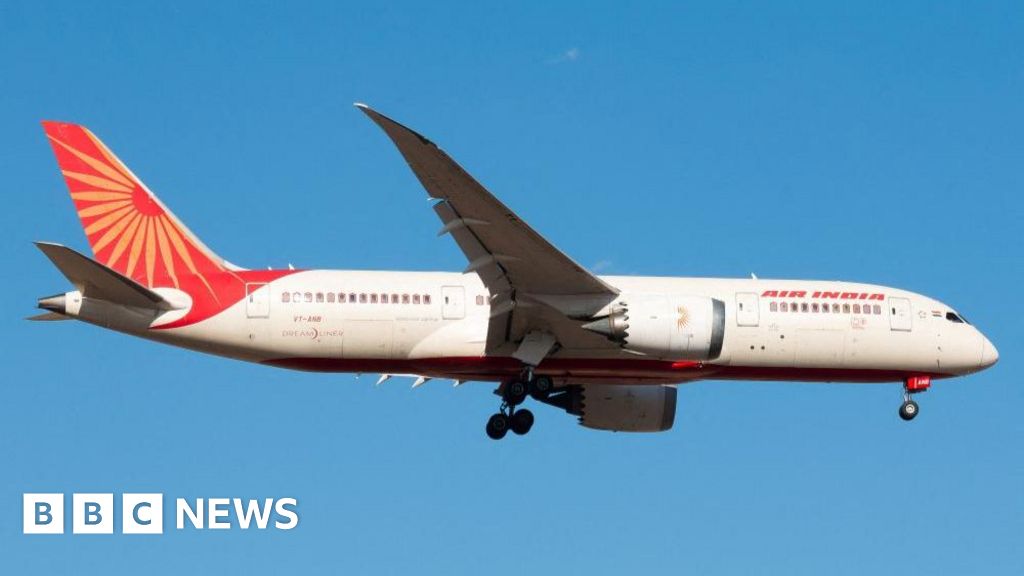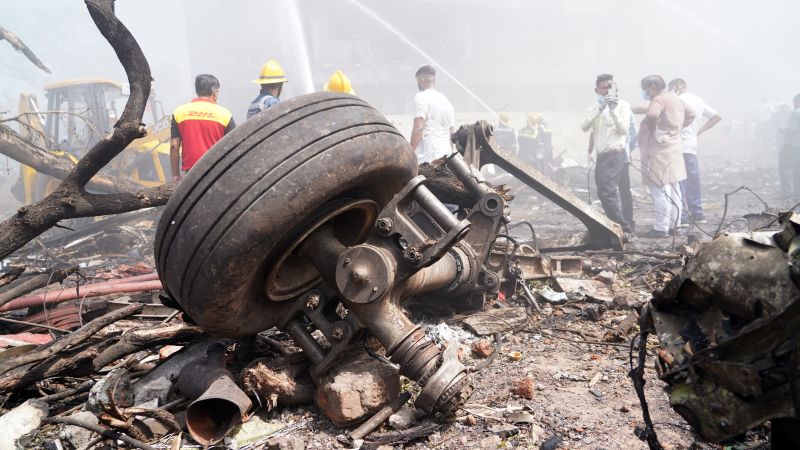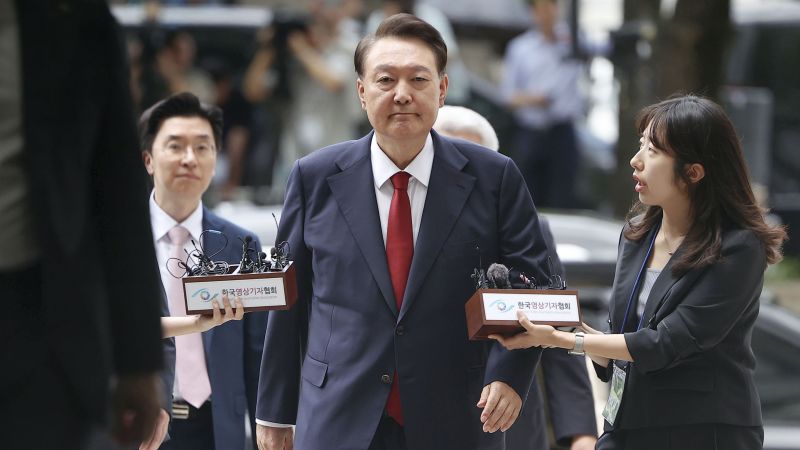The Mystery of Air India Flight 171: Investigating the Fuel Switches

Introduction
The recent crash of Air India Flight 171 has left investigators puzzled as they continue to piece together what led to the tragic accident. The preliminary report has revealed a concerning detail - the fuel cut-off switches were flipped just seconds after takeoff. This has only deepened the mystery surrounding the crash and raised more questions than answers.
What the Report Says
The investigation team has found that the cockpit audio recorded the pilots discussing the fuel cut-off switches before they were flipped. While it is not clear why the switches were turned off, experts believe it could have been a result of human error or a technical malfunction. The report also revealed that the plane's fuel tanks were not empty, which rules out the possibility of a fuel shortage as the cause of the crash.
The Role of Technology
In the aviation industry, technology plays a crucial role in ensuring the safety of passengers.
About the Organizations Mentioned
Air India
Air India is India’s flagship full-service airline, originally founded by JRD Tata in 1932, making it a pioneering force in Indian aviation[2]. It operates an extensive global network as a member of the Star Alliance and runs a wholly owned low-cost subsidiary, Air India Express, serving domestic and nearby international routes[2][3]. After nearly seven decades as a government-owned entity, Air India was fully privatized and returned to the Tata Group in January 2022, marking a significant turning point in its corporate journey[2]. Currently, Air India is undergoing a comprehensive five-year transformation program named Vihaan.AI, initiated by the Tata Group to restructure and modernize the airline[1][2][3]. This ambitious plan focuses on expanding its fleet and international network, enhancing customer experience, improving operational reliability, and leveraging technology and sustainability innovations. A landmark achievement under this transformation is Air India placing the world’s largest single aircraft order—470 planes from Airbus and Boeing, valued at $70 billion, signaling a massive fleet expansion and modernization drive[1][2][3]. Under the leadership of CEO Campbell Wilson, who brought extensive experience from Singapore Airlines, Air India is also integrating its subsidiaries Air India Express and Vistara to streamline operations and build a unified airline group[3]. The airline has been recognized for significant improvements, earning the “Most Improved Airline” award at the 2024 APEX Global Expo, reflecting enhanced cabin interiors, digital innovations like an award-winning app, and upgraded service quality[4]. On the cargo front, Air India is consolidating operations to create a dedicated cargo entity, aiming to increase freight volumes to 2.5 million tonnes by 2027, supported by advanced software for cargo and revenue management[1]. Despite a challenging safety history with several past accidents, Air India is now positioned as a resurgent global carrier combining Indian heritage with modern technology and business practices, making it a key player in the competitive aviation industr











